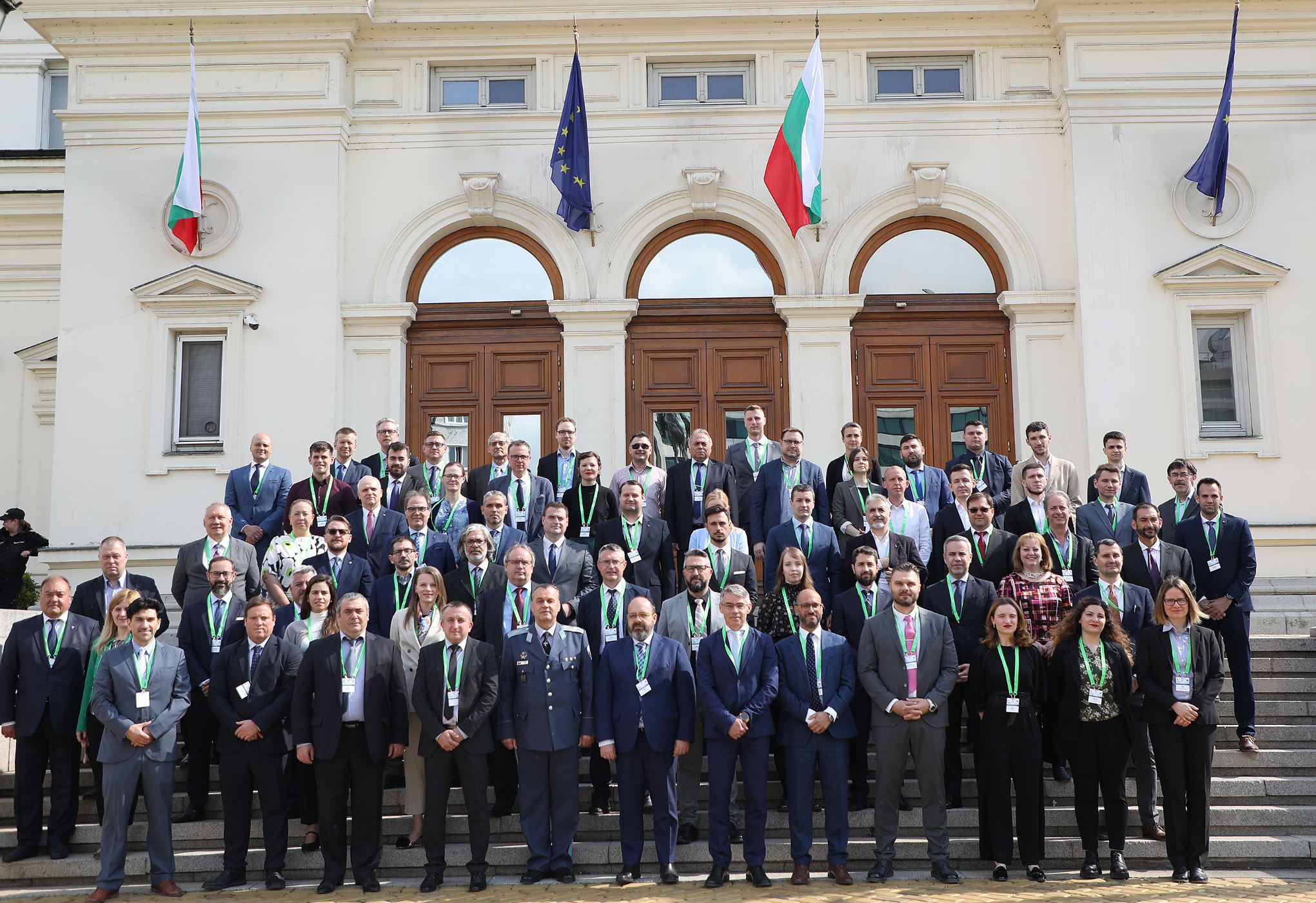What should the European Union and its Member States do if its energy production and transport infrastructure were attacked by hostile groups in a region where like-minded, democratic countries coexisted with unfriendly authoritarian regimes? What if vulnerable critical energy infrastructure was essential for defence?
As the European Defence Agency contributes to EU security, EDA organised on May 25-26 its hybrid threats tabletop exercise in Bulgaria, bringing together more than 80 experts from different European countries, institutions and organisations.
Conducted under the third phase of the Consultation Forum for Sustainable Energy in the Defence and Security Sector (CF SEDSS III), EDA and the European Commission Directorate-General Joint Research Centre (DG JRC) also presented a new study on enhancing the resilience of defence-related critical energy infrastructure (CEI) against hybrid threats.
UNDERSTANDING NEW TACTICS
The study found that armed forces must consider a new set of combined and blurred threats that can impair their operational effectiveness in war and peace.
That scenario was also tested in the tabletop exercise, hosted by the Bulgarian Defence Institute (BDI), under the auspices of the Bulgarian Ministry of Defence. In a fictitious scenario where an imaginary country threatens stability around a critical waterway with both non-renewable and renewable energy resources, EU countries and their partners needed to protect their energy supplies and advance their interests.
The tabletop exercise is part of efforts to develop the EU’s longer-term resilience, imagining a situation of a synchronised and deliberate attack on democratic states and their institutions. The exercise relied on a simulation involving fictional hostile states as well as criminal and para-military organisations who sought to undermining or damage targets through direct attacks and covert means.
Different European ministries, EU institutions, the Helsinki Centre of Excellence for Countering Hybrid Threats (HCoE) and experts from industry and academia aimed to better understand hybrid threats, including new tactics and targets and strengthen the resilience of defence-related critical energy infrastructure. They also plan to provide the ministries of defence recommendations and develop awareness about the role individuals, civil society and companies can play in building resilience to hybrid threats.
RARE OPPORTUNITY
“This tabletop exercise hosted in Sofia is a rare opportunity to encourage collaboration between European stakeholders in defence and civilian sectors. It helps deepen our shared understanding of how hybrid threats can impact critical energy infrastructure and subsequently compromise our armed forces' operational effectiveness", said Radostin Iliev, Director of the Defence Policy Directorate at the Bulgarian Ministry of Defence.
Jiří Šedivý, Chief Executive of the European Defence Agency, said: “The exercise allows us to take advantage of diverse perspectives in developing comprehensive solutions to bolster defence energy resilience.”
Georgios Giannopoulos, Deputy Director Space, Security and Migration Directorate at the Joint Research Centre of the European Commission, said: “It is one of these moments where science, strategic thinking and operational capabilities are beautifully bundled together”.

About CF SEDSS
The Consultation Forum for Sustainable Energy in the Defence and Security Sector (CF SEDSS) is a European Commission-funded initiative managed by the EDA. This forum was established to create a defence energy-related community to share information, knowledge and best practices on improving energy management, increasing energy efficiency and building performance, utilising renewable energy sources in the defence sector and enhancing the resilience of defence-related critical energy infrastructure.
More information: